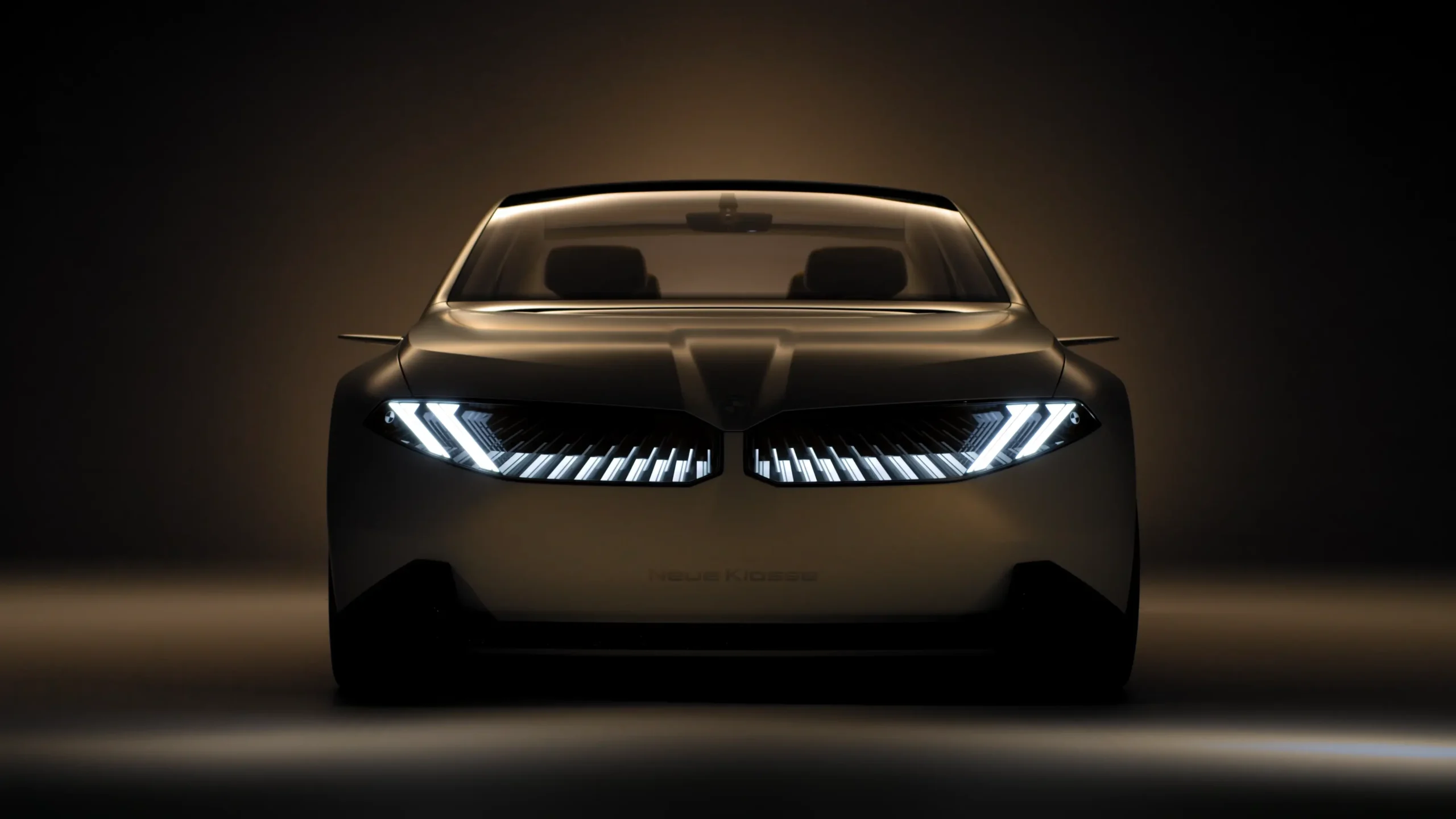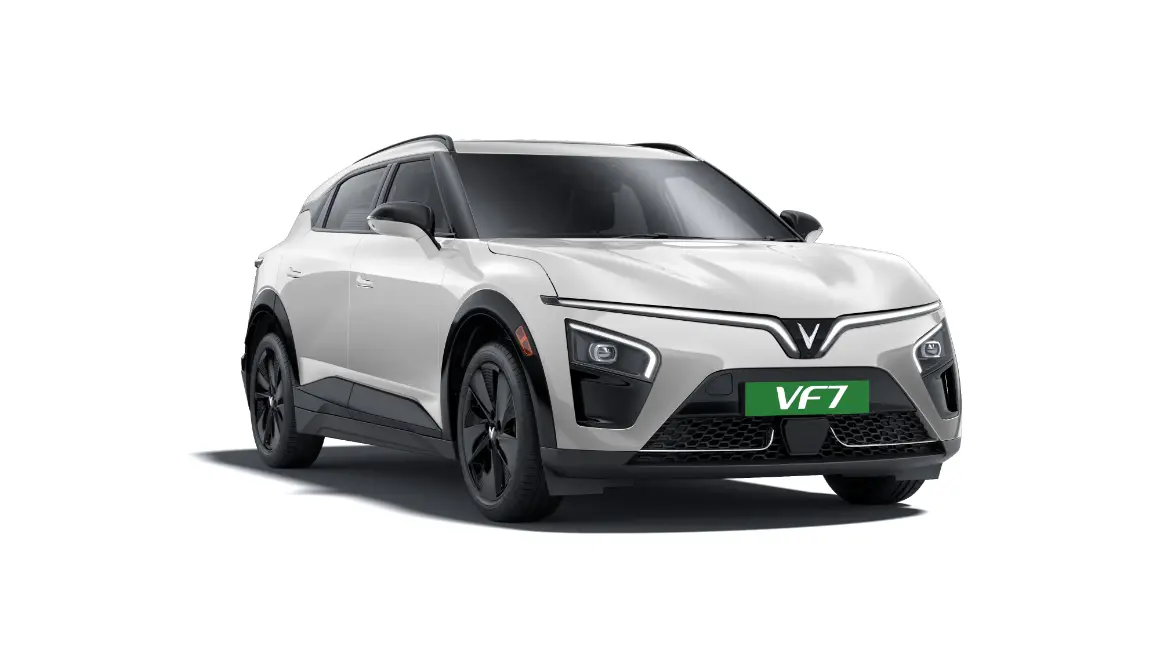
Audi is on a major transformation journey, moving from internal combustion engine (ICE) vehicles to an all-electric lineup. With the year 2025 drawing nearer, Audi’s electric car update promises exciting advancements in technology, design, and sustainability. The company is poised to unveil some game-changing models, including the eagerly awaited Audi Q6 E-Tron, as well as new entry-level electric cars.
Let’s dive into what Audi has planned for 2025 in terms of its EV offerings, its electrification strategy, and how these vehicles will shape the future of mobility.
Audi’s Bold Shift Towards Electrification
Audi’s commitment to an all-electric future is crystal clear. The company has already rolled out several impressive EVs, including the Audi e-tron and e-tron GT, but its ambitions are set to grow even further. By 2025, Audi will introduce at least 10 new electric vehicles, ranging from compact sedans to large SUVs. These models will be powered by the latest battery technology, featuring greater range, faster charging capabilities, and cutting-edge features.
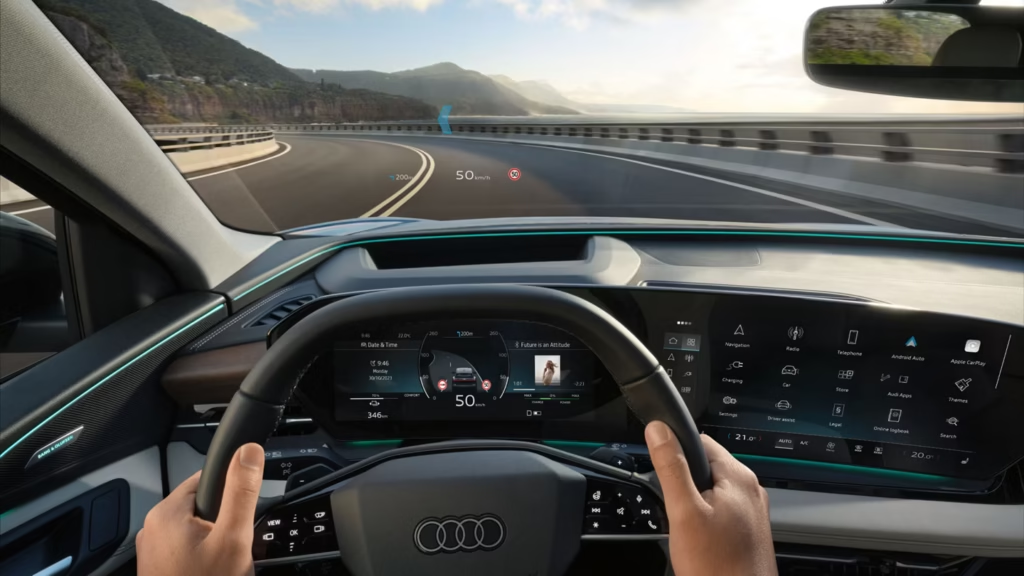
The company’s electrification strategy doesn’t stop at new models. Audi aims to transition to an entirely electric vehicle lineup by 2033, with the last internal combustion engine vehicle being sold by 2030. This bold shift is part of Audi’s goal to reduce its carbon footprint and lead the charge in sustainable mobility.
Audi’s Electrification Vision for 2025
One of the most significant announcements for Audi in 2025 is the debut of several new electric models, which will cater to a broad range of consumers. These include high-performance variants, luxury electric vehicles, and affordable, entry-level EVs that will make electric driving accessible to more people.
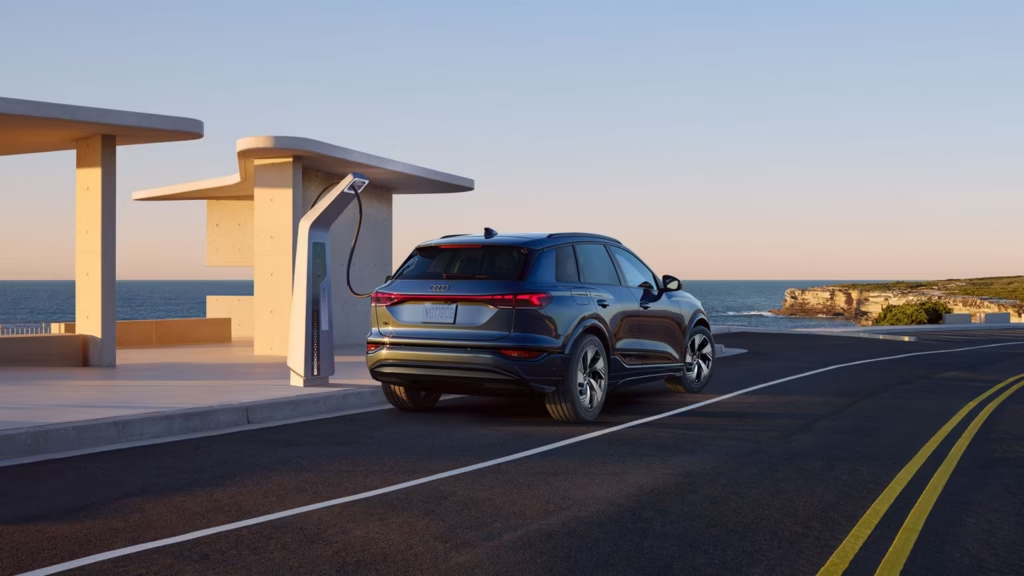
New Audi Q6 E-Tron: A Game-Changer for 2025
One of the most anticipated models for 2025 is the Audi Q6 E-Tron, a mid-size SUV that will be the brand’s flagship electric vehicle for the year. The Q6 E-Tron will be built on a new platform that Audi has developed with its parent company, the Volkswagen Group. The new platform is designed for maximum efficiency, offering enhanced battery performance and a significant reduction in production costs, which will ultimately make the Q6 E-Tron more affordable compared to previous models.
Audi has confirmed that the Q6 E-Tron will feature advanced 800-volt architecture, a cutting-edge feature that allows faster charging times and improved performance. This means that drivers can expect up to 350 kW charging speeds, significantly reducing charging times for long trips. In terms of performance, the Q6 E-Tron will offer a range of up to 300 miles on a single charge, depending on the configuration, making it a highly competitive option in the premium SUV segment.
New Entry-Level Audi EV: The A3-Sized Model
Audi is also working on a new entry-level electric vehicle, which will fill the gap below the Q4 E-Tron in Audi’s EV lineup. This new vehicle, expected to be similar in size to the A3, will offer a more affordable option for consumers seeking an entry-level luxury EV. It will target younger, more urban customers who may have previously found the higher-end Audi EVs too expensive.
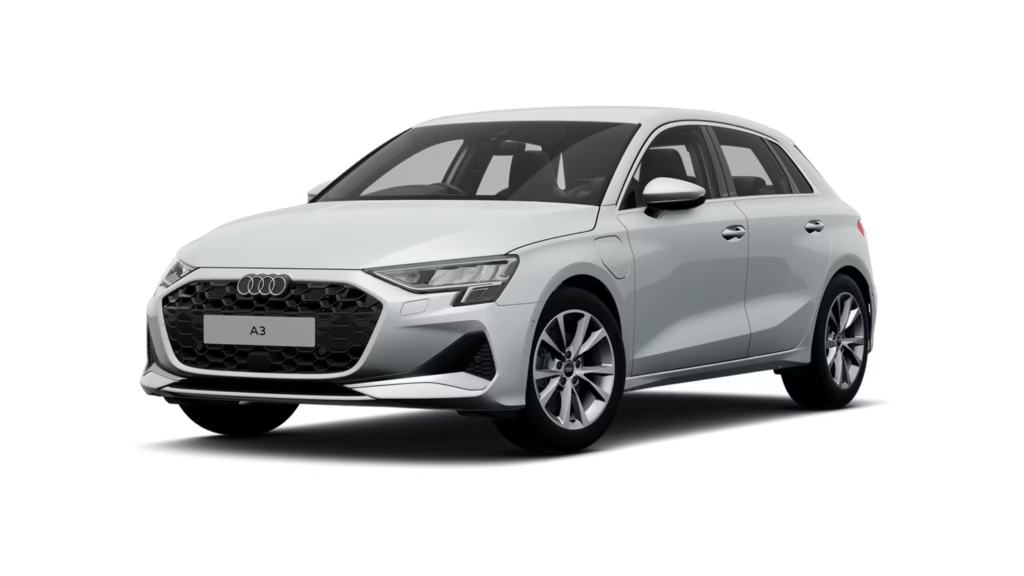
While Audi has not revealed the full details about the A3-sized EV, we expect it to be based on the same technology found in the Volkswagen ID.2—a compact electric car set to launch under the Volkswagen umbrella. The A3-sized Audi EV will likely feature a smaller battery pack, offering a range of around 200 to 250 miles. This new entry-level model will be crucial in Audi’s strategy to offer an electric car in every major market segment by 2027.
Audi’s Commitment to Sustainability
Audi’s focus on electrification aligns with its broader commitment to sustainability. The company has made significant strides in reducing its carbon footprint, and by 2025, it plans to produce 40% of its vehicles as fully electric. This is part of Audi’s broader strategy to contribute to the reduction of CO2 emissions globally.

Audi has also been working to make its supply chain greener. From sourcing sustainable materials to reducing the environmental impact of manufacturing, Audi is striving to make every aspect of its electric vehicle production more eco-friendly. As the company continues to refine its manufacturing processes, we can expect Audi’s electric cars to become even more energy-efficient and sustainable.
The Future of Audi EVs: What to Expect Beyond 2025
Looking beyond 2025, Audi has ambitious plans to continue expanding its EV offerings. The company aims to introduce new electric vehicles across all key segments, from compact hatchbacks to luxury sedans and large SUVs. The next-generation Audi A8 is expected to be fully electric, continuing Audi’s legacy of luxury sedans with a modern, sustainable twist.
Additionally, Audi is exploring autonomous driving technology for its electric cars, with plans to introduce Level 3 autonomy in future models. This will make driving even safer and more convenient, allowing Audi drivers to relax during long trips while the car handles the driving.
Audi’s Battery Technology and Charging Network
Audi’s success in the EV market hinges on its ability to deliver advanced battery technology that provides longer driving ranges and faster charging speeds. The company is already working on solid-state batteries, which promise to offer greater energy density, faster charging times, and longer lifespan compared to current lithium-ion batteries.
To support its growing fleet of electric vehicles, Audi is expanding its charging infrastructure. The brand is partnering with various charging networks to ensure that Audi EV owners have access to convenient and fast charging stations, particularly for long-distance travel.
Conclusion
Audi is embracing an all-electric future, and the company’s update for 2025 shows just how committed it is to electrification. With the Q6 E-Tron, new entry-level EVs, and a growing emphasis on sustainability, Audi is shaping up to be a leader in the electric car market. As we approach 2025, Audi fans can look forward to a lineup of innovative, high-performance vehicles that push the boundaries of what’s possible in the world of electric driving.
